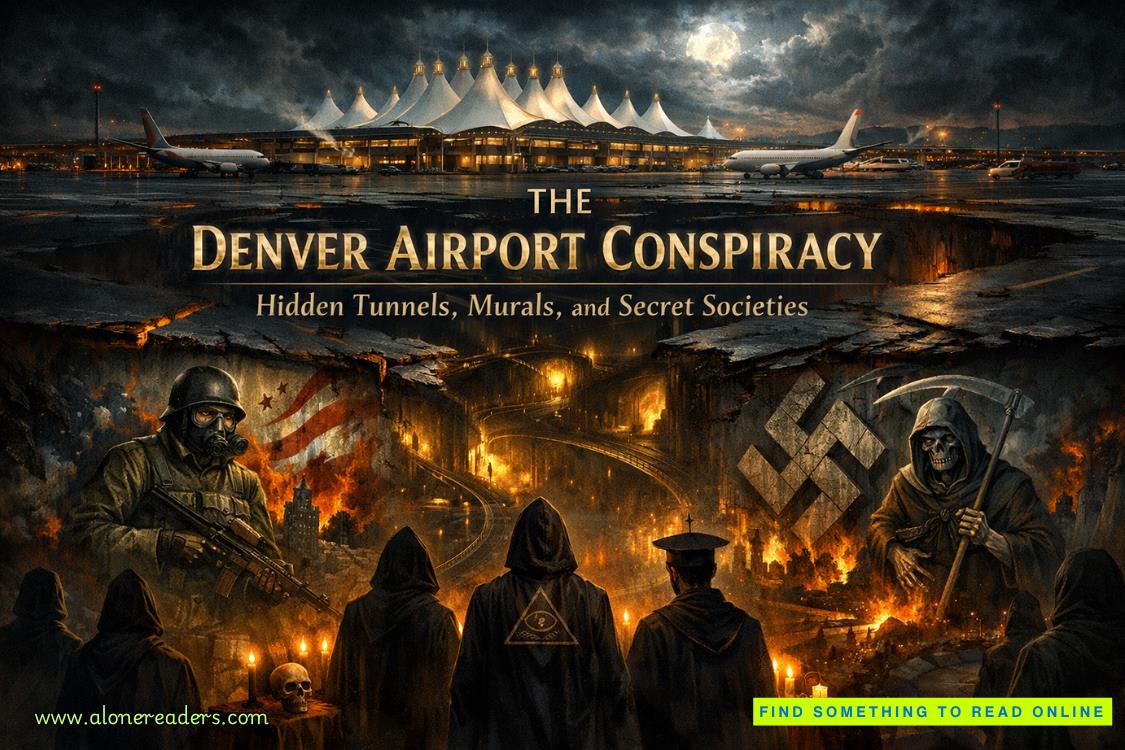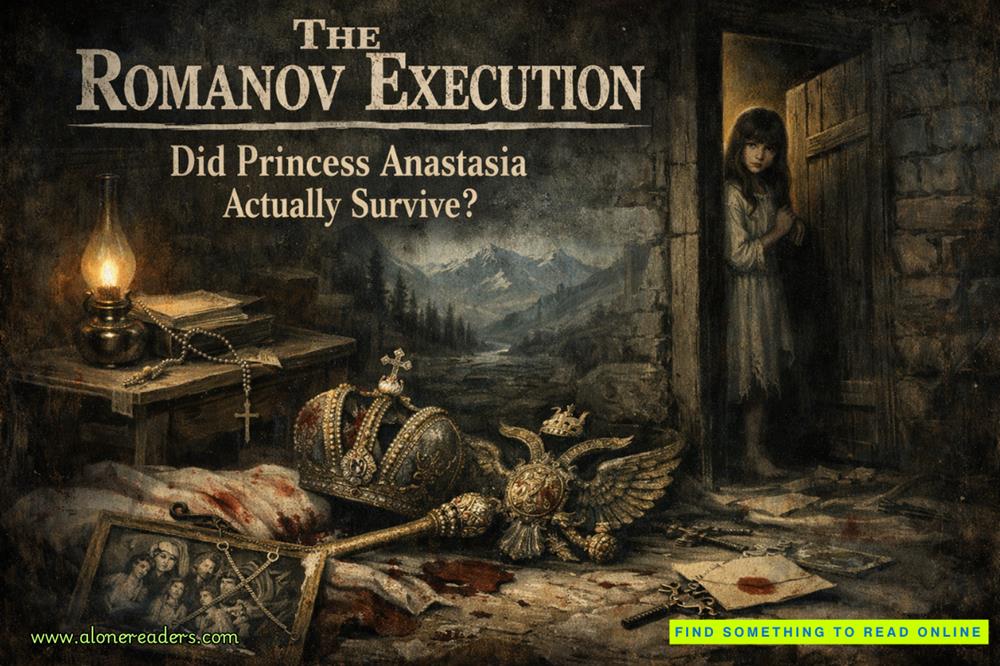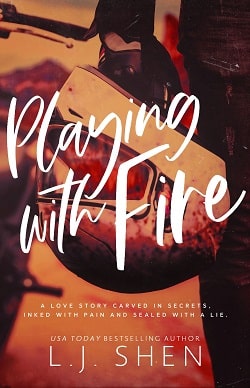I didn't like it. Didn't trust it. Fires had patterns and rhythms. This one wasfollowing a script.
I keyed my radio."Command, be advised—sprinkler system isn't activating."
A pause. Then Walsh:"Confirmed. We've got deliberate tampering. Move with caution."
Deliberate.
Someone had wanted this fire, but not for destruction. For control. For a message.
I clenched my teeth.
"Entry team, move."
We stepped inside, boots crunching on debris, and the world shrank to heat, smoke, and the glow of controlled destruction.
And in the back of my mind, Dad's voice whispered:This isn't right, Marcus. Pay attention.
The radio crackled with updates from other teams. No victims were found, and no signs of forced entry. Everything pointed to arson, but there was an artistry to it. Even the burn patterns on the walls had a kind of terrible elegance, like brush strokes on canvas.
It was the kind of scene that would fascinate those behavioral specialists over at UW—the ones Mom was always clipping newspaper articles about, insisting the department needed more academic partnerships. I usually rolled my eyes at the suggestion, but looking at these precise burn patterns, I was starting to see her point.
"Fall back to the second-floor landing," Walsh ordered over the radio. "Fire's contained, but I want a full structural assessment before we push further."
I gestured Barrett toward the stairs, my mind already noting details for the incident report: deliberate ventilation points, controlled spread rate, and the almost beautiful precision of itall. I'd never seen a fire that looked so much like a performance in twelve years of service.
Hours later, walking back into the station with the morning sun shining over the city, that sense of wrongness still haunted me. My shoulders ached from the combined strain of swimming and firefighting, but it was a clean pain, honest. Unlike the scene we'd left, which appeared more like a stage play version of a true emergency.
The firehouse smelled like seared onions and slow-cooked beef, a sure sign that Rivera was making his famous chili again. Someone had left the TV on in the common area—sports highlights flickered across the screen, but the real debate over by the kitchen was about movies.
"Mad Max: Fury Roadis the best action film of the last ten years," Barrett argued between bites of cornbread. "Practical effects. Unbelievable stunts. You cannot argue against this."
Peterson, sprawled in a chair with a protein shake, snorted. "John Wick 4is peak cinema. You're telling me George Miller is a better director than Chad Stahelski?"
"Yes." Barrett didn't hesitate.
Normal. It was all so damn normal. The smell of food, the warmth of the station, and the ridiculous movie arguments were what fires didn't get to take away.
The locker room was empty, caught in that quiet moment between shift changes. I listened to the distant sounds of the day crew arriving—boots on concrete, the clatter of equipment being checked, and the coffee maker's persistent gurgle. They were the usual sounds that should have been comforting but somehow weren't.
Steam from the shower helped ease some of the morning's tension, but I couldn't shake the feeling that we'd witnessed something more than simple arson. Dad used to say everyfire told a story if you knew how to read it. This one was disconcertingly like reading the prologue to a novel.
I was toweling off, my mind still churning over the scene's details, when I noticed an envelope. It sat perfectly centered in my locker, the cream-colored paper so thick it was like art stock. My name was printed in elegant typography that rang a bell, though I couldn't place why.
The envelope wasn't sealed, only precisely folded. Inside, a single sheet of the same heavy paper had a header that made my hands pause: "Training Log: Marcus McCabe Lake Washington Circuit." The same font nagged at my memory until it clicked—identical to the one used on Ironman registration confirmations.
My eyes moved down the page, each typed line dissolving my sense of security:
April 15: Pre-dawn swim, 0445-0615. Black wetsuit with orange safety buoy. Right shoulder showing fatigue after ladder drills—form deteriorating after 2000 yards. Maintaining 1:42/100 pace despite compensation. Discussion with K. Brenner about swim clinic cancelled due to schedule conflict.
April 18: Sunrise brick session. 45-mile loop; modified route due to road work on Westlake. Blue Specialized bike, new cleats (still adjusting position—causing slight knee rotation). Nine-minute miles on run, HR elevated. Stopped twice to stretch left IT band.
April 20: Recovery day. Easy 5K along Burke-Gilman trail. Gray Seattle Fire Department shirt (worn, lettering faded). Walking breaks at miles 2 and 4. Called brother (Miles?) to reschedule dinner plans.
Water dripped from my hair onto the paper, making the ink bloom. I knew I should move it and protect the evidence, but I couldn't stop reading. A notation in the margin caught my eye—a small sketch that looked eerily similar to the burn patterns we'd just seen at the warehouse: precise, geometric, almost calculated. The cold realization someone had been watching set off icy fingers crawling up my spine.
They weren't merely watching; they were studying and learning my patterns. They recorded the moments when discipline slipped and I showed vulnerability.
A locker door slammed somewhere down the row, making me flinch. The sound jolted me back to professional awareness. Training kicked in—preserve evidence, establish a timeline, and assess the threat level. I forced my breathing to be steady, trying to approach the letter with professional detachment.















